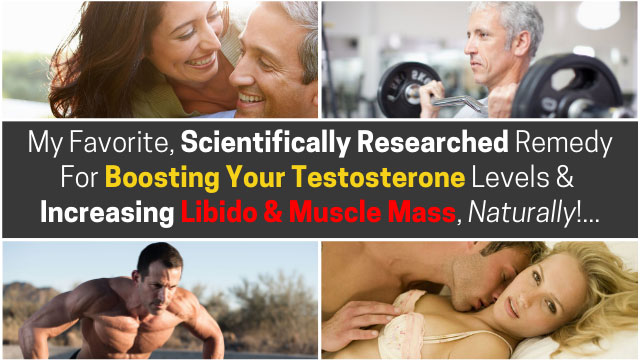One of the favorite quotes from the 1977 docudrama called Pumping Iron, is when Arnold Schwarzenegger says, “milk is for babies when you grow up – you drink beer”.
Now, I don’t agree with the drinking beer part and Arnold rarely drinks any alcohol himself.
However, as stated in my previous articles, I don’t think you should have dairy – thus, no milk, cheese, butter, yogurt, etc.

Or, IF you do – you should consume very small amounts of raw, unpasteurized, unprocessed, full-fat dairy from grass-fed animals, who have never taken any hormones or antibiotics.
This pretty much eliminates 99% of ALL dairy that most of you consume.
Milk Is For Babies
If you want to live a long, happy, and healthy life – try to do things as naturally as possible.
And I believe that consuming milk and dairy products is unnatural.
Not only are humans the only species that consumes milk in adulthood, but they are also the only ones to drink the milk of other animals.
Biologically, cow’s milk is meant to feed a rapidly growing calf. Humans aren’t calves — and adults usually don’t need to grow.
This is the same for a human mother’s milk – it’s designed for rapid growth, during a time when a baby can correctly convert the milk into specific nutrients for growth. The milk also consists of hormones, growth factors, and peptides.
In fact, before the agricultural revolution, humans only drank mothers’ milk as infants. They didn’t consume dairy as adults.
From an evolutionary perspective, dairy isn’t necessary for optimal health, and in my opinion, it’s actually BAD for your health.
It’s Linked To Serious Prostate Problems
One major reason to NOT consume dairy is that it’s linked to prostate problems. Granted, there are many studies that are inconclusive. However, when digging deeper – these studies are many times funded by the dairy industry.
In fact, The China Study, a book written by doctors Colin and Thomas Cambell, revealed that animal protein and more specifically, dairy — increased the growth of cancer cells.2
This was a massive study with lots of evidence showing the commonalities between people who have prostate problems and those who don’t.
Prostate Problems
In regards to today’s specific topic of prostate problems– most large studies clearly show that high dairy consumption increases the risk of prostate problems.

There’s even one study that shows that having lots of dairy early in life, increases the risk of advanced prostate problems later in life.6
So the sooner you stop, the better.
Why Does Dairy Cause Prostate Problems?
As I’ve stated many times in the past, genetics aside – the way you look and feel, IS determined by your HORMONES and the optimal balance of hormones, chemicals, enzymes, and neurotransmitters.
An unnatural food, such as dairy, which is processed and contains toxins, bad hormones, and antibiotics, will cause negative changes in your hormones.
A major one is an increase in estrogen – known as the primary cause of both breast and prostate problems.
For men, this increase in estrogen also decreases testosterone – the YOUTH hormone!
Summary
I’ll be very honest with you – there are so many factors that can cause prostate problems.
However, IF you have a family history of it, IF you’re over the age of 40, and certainly, IF you’re a man concerned about prostate health and improving your testosterone levels – my suggestion is to eliminate all dairy.

If you want to improve hormonal balance to their optimal, youthful levels… while naturally decreasing estrogen and increasing testosterone levels, make sure you click this special link.
It’s a 20+ year proven formula with scientifically proven data that shows it works it’s safe and it can lead to a healthier prostate!
- https://www.ncbi.nlm.nih.gov/pmc/articles/PMC4524299/
- https://en.wikipedia.org/wiki/The_China_Study
- https://www.ncbi.nlm.nih.gov/pubmed/25527754
- https://www.ncbi.nlm.nih.gov/pubmed/16333032
- https://www.ncbi.nlm.nih.gov/pubmed/15203374
- https://www.ncbi.nlm.nih.gov/pubmed/22190107
